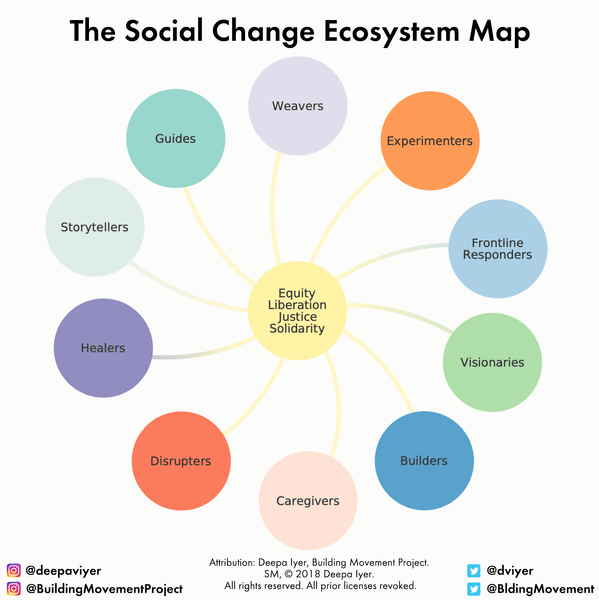Sublime
An inspiration engine for ideas
They have articulated ten principles of disability justice: Intersectionality, Leadership of those most affected, Anticapitalist politics, Cross-movement solidarity, Recognizing wholeness, Sustainability, Cross-disability solidarity, Interdependence, Collective Access, and Collective Liberation.
Ashley Shew • Against Technoableism: Rethinking Who Needs Improvement (A Norton Short)
“It became clearer and clearer that disasters are a problem for everyone , and when a disaster doesn’t get enough help that’s bad for everyone , not just the people immediately affected.”
Malka Older • What humanitarian aid might look like in 30 years time

Adaptation and resilience will have to be revisited through the creation of grounded, situated, and pervasive design capacity by communities themselves who are bound together through culture and a common will to survive when confronted with threatening conditions, not by global experts, bureaucrats, and geoengineers who can only recommend the
... See moreArturo Escobar • Designs for the Pluriverse: Radical Interdependence, Autonomy, and the Making of Worlds (New Ecologies for the Twenty-First Century)
File
We talk about how we can make events more accessible, and we absolutely need to be having that conversation more frequently and seriously than we already do. But aside from events, what does it mean to make your organization, Facebook group, or house accessible? What does that mean for those of us who are on a fixed income or have no income, or if
... See moreAlice Wong • Resistance and Hope: Essays by Disabled People

In these trails we can see disability as bodily injury impacting many species. We can see the way that injury is shaped by social inequality. We can see disability as a lived experience leveraged to provide evidence of harm and wrongdoing, or, in contrast, as a moralizing concept utilized to direct blame back onto the injured themselves.







